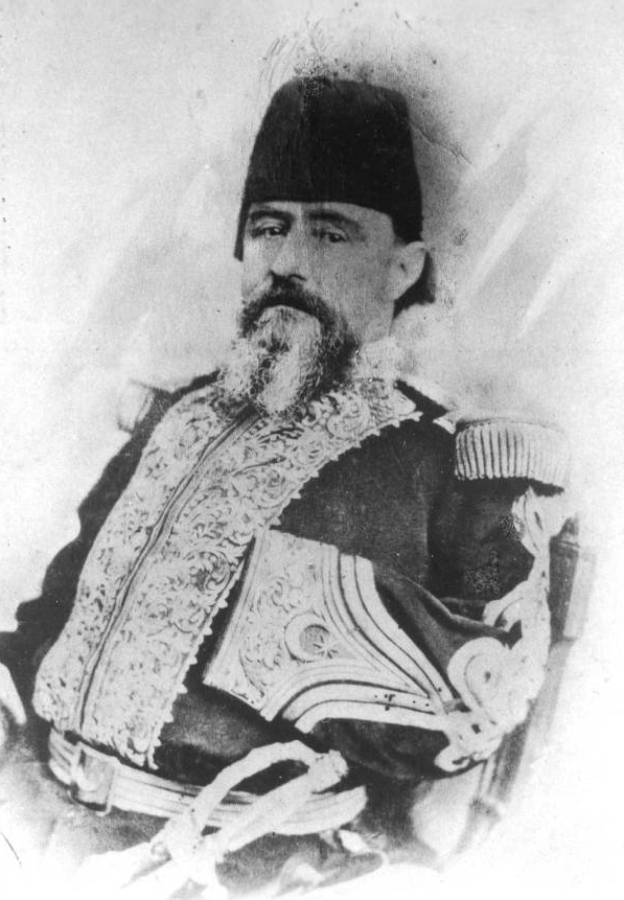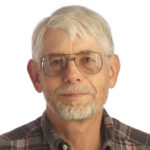One of Fort Vancouver’s earliest U.S. Army officers capped his military career as a pasha in the Egyptian army.
Ernest Hemingway, author of “The Old Man and the Sea,” had his own quest in the waters off Cuba during World War II. He used his fishing boat to look for German submarines.
The Council on America’s Military Past is holding its national conference this week in Vancouver. It’s a chance for members of the group to explore the roots of American military history in the Pacific Northwest, and also share some of their own stories.
From 1849 to 2011, there was a continuous military presence at Fort Vancouver and Vancouver Barracks, making it “one of the oldest — if not the oldest — U.S. Army posts west of the Mississippi River,” said Vancouver historian Jeff Davis, the CAMP planning committee’s local coordinator.
In Saturday’s keynote speech, Davis will discuss American generals whose career paths came through Fort Vancouver.
Davis said he expects to highlight Union army generals U.S. Grant, Phil Sheridan and Rufus Ingalls, as well as William Wing Loring, a Southerner who fought for the Confederacy.
Loring was among the first officers to arrive at Fort Vancouver, leading a 2,500-mile overland trek from Fort Leavenworth, Kan., in 1849.
After the Civil War, Loring became a financier in New York. When an Egyptian ruler asked Gen. William T. Sherman in 1869 to recommend former Union and Confederate officers as military advisers, Loring took the offer. He eventually became an Egyptian general with the title of pasha.
Hemingway’s WWII experiences on sub patrol is part of Nick Reynolds’ new book, “Writer, Sailor, Soldier, Spy: Ernest Hemingway’s Secret Adventures.”
Reynolds is a CAMP board member and one of this week’s visitors. In a Wednesday reception at the Marshall House, he explained how Hemingway sailed his fishing boat from a Cuban port in search of U-boats.
“The Navy was short-handed, so they used civilian boats,” Reynolds said — similar to the founding of the Civil Air Patrol in December 1941.
Hemingway had pretty much a civilian crew.
“There was one Marine on board who ran the communications gear.”
The closest Hemingway got to a U-boat was intercepting some communications, Reynolds said.
“There was never a confirmed sighting.”




